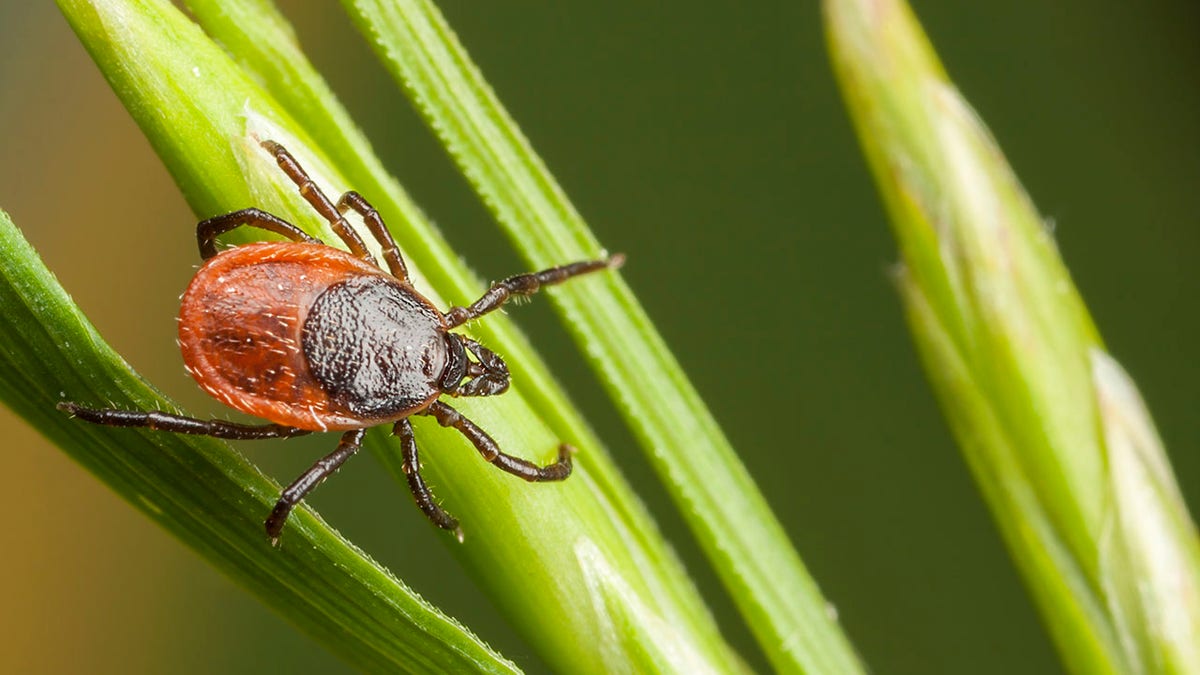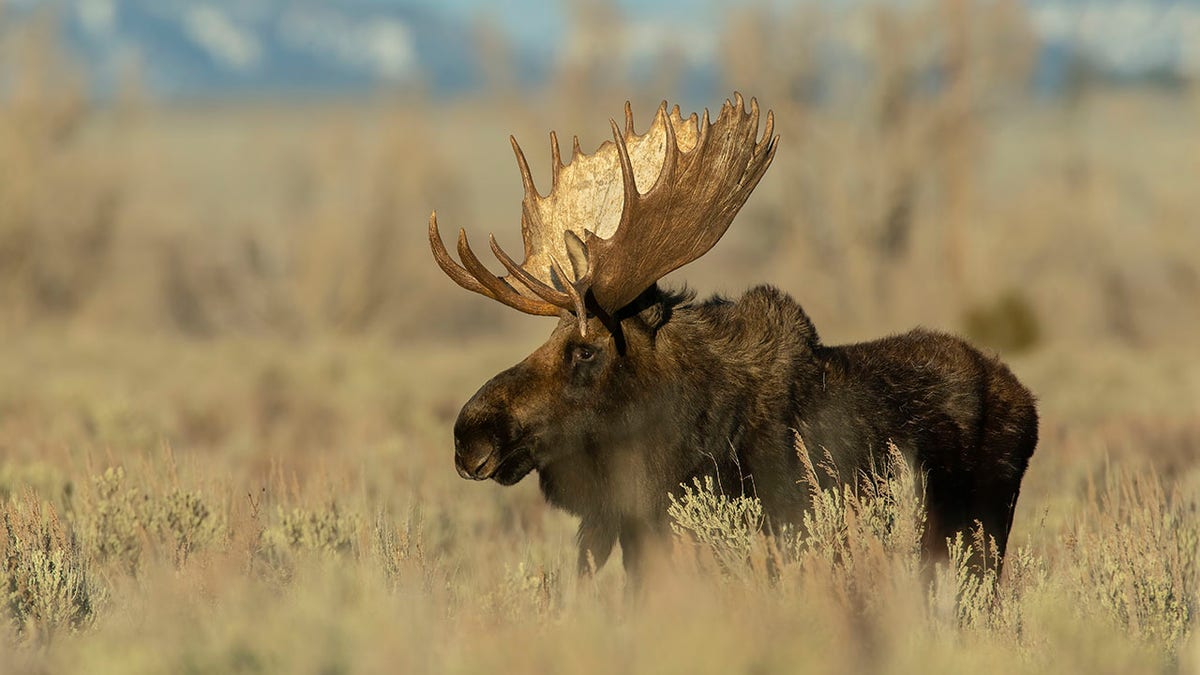Fox News Flash top headlines for March 9
Fox News Flash top headlines are here. Check out what's clicking on Foxnews.com.
Vermont needs to reduce its moose population.
According to the state's Department of Fish and Wildlife, the moose population is struggling with a tick infestation. A reduction in the population may help slow the spread of the small animals that suck blood and spread disease.
UKRAINE BATTLES RUSSIAN FORCES: LIVE UPDATES

Vermont may issue 100 moose hunting permits for the upcoming fall season. (iStock)
The state may issue 100 moose hunting permits for the upcoming fall season, the Associated Press reports. The Fish and Wildlife Board recently accepted the proposed hunt, moving it closer to becoming a reality.
Nick Fortin, moose project leader for the FWD, said, "Moose density in WMU E is still more than one moose per square mile, significantly higher than any other part of the state. Moose densities greater than one per square mile support high numbers of winter ticks which negatively impact moose health and survival."
CLICK HERE TO GET THE FOX NEWS APP

The state's moose population is suffering from a tick infestation and reducing the population of moose may reduce the spread of the blood sucking parasites. (iStock)
He continued, "Research has shown that lower moose densities in the rest of Vermont support relatively few winter ticks that do not impact moose populations. Reducing moose density decreases the number of available hosts which in turn decreases the number of winter ticks on the landscape."
Moose health in the state has deteriorated due to the spread of ticks, according to a recent study. While adult moose survival rates have remained high, less than half of the calves are surviving their first winter. Researchers believe that without the ticks, the majority of these calves would have survived.
FOLLOW US ON FACEBOOK FOR MORE FOX LIFESTYLE NEWS

Moose make good targets for ticks due to their grooming habits. (iStock)
The tick situation is also seemingly causing a reduction in birth rates.
Moose make good targets for winter ticks because they don't have the same grooming habits of other potential prey. This means that ticks can attach themselves to the moose and live it a longer life cycle, causing the host moose to get much sicker.







